Stop watching your beautiful tile surfaces deteriorate from daily wear, moisture, and stains when professional tile sealing in Eastview, NY can extend their life by years.
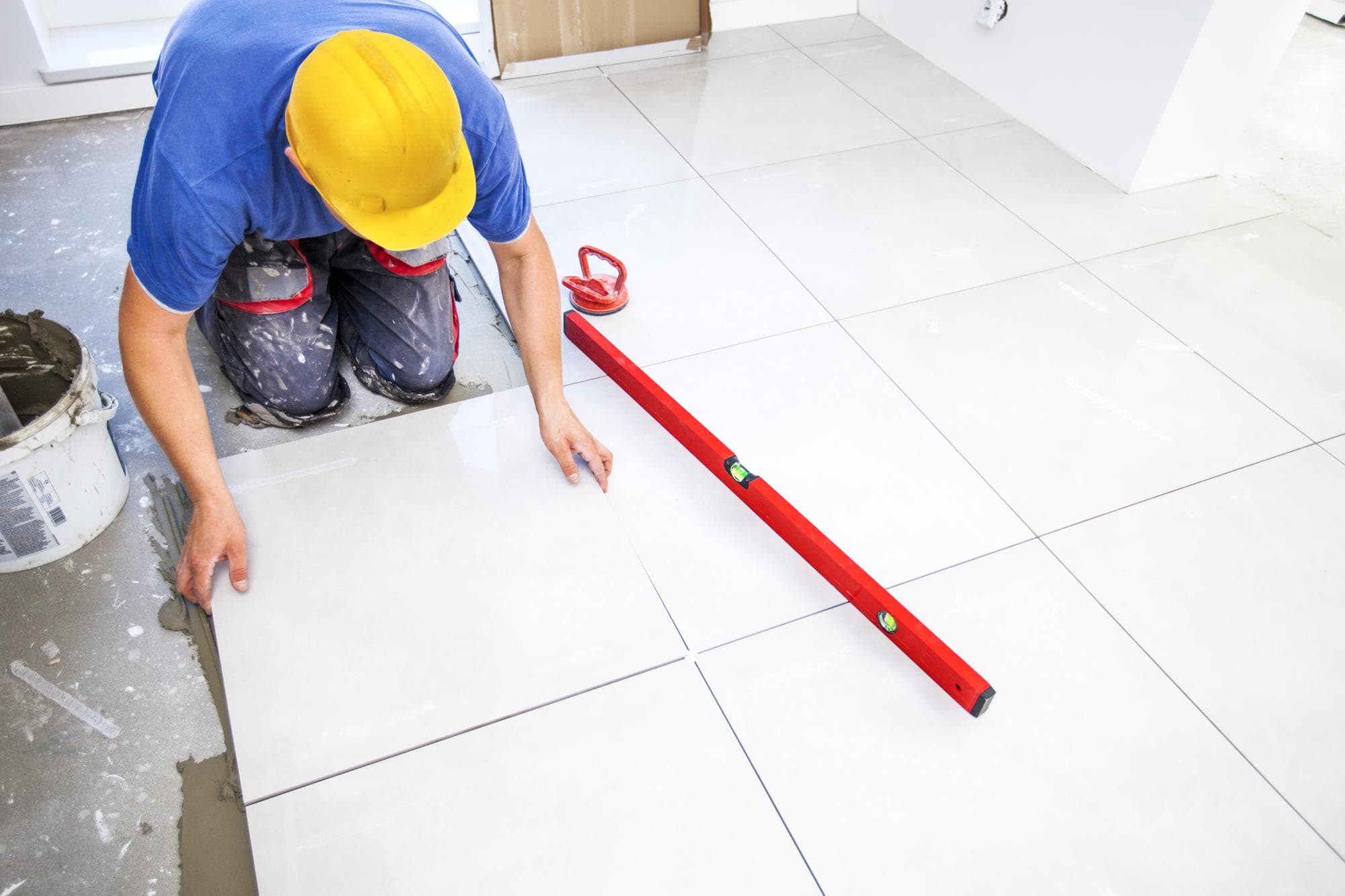
Hear from Our Customers
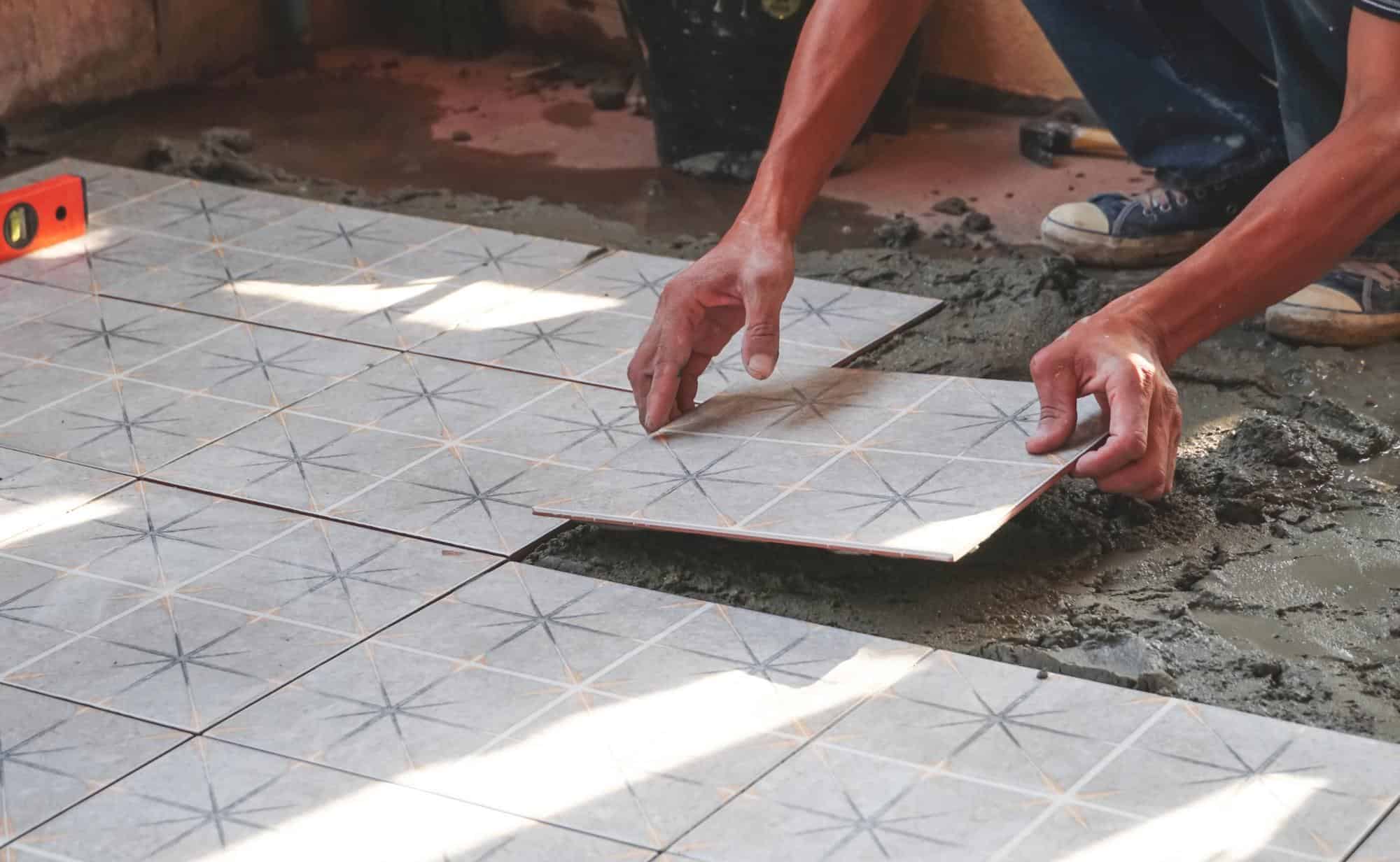
When your tile and grout are properly sealed, you’re looking at surfaces that resist stains, repel moisture, and stay cleaner between deep cleanings. The difference is immediate and lasting—no more scrubbing embedded grime or dealing with permanent stains.
Sealed grout lines don’t absorb spills the way untreated surfaces do. Coffee, wine, everyday dirt—they sit on the surface instead of soaking in. This means easier cleanup and fewer permanent stains that force you into expensive replacements down the road.
You’ll also notice that regular cleaning becomes more effective. Instead of scrubbing to remove embedded grime, a simple wipe-down keeps everything looking fresh. That’s the protection working exactly as it should, saving you time and frustration every single week.
We’ve been serving Eastview, NY and greater Westchester County with specialized surface restoration services. We understand the unique challenges that homes and businesses in this region face—from the humidity that comes with our climate to the heavy foot traffic in commercial spaces.
Our approach focuses on restoration over replacement, which resonates with property owners who want to preserve their investments rather than start over. Whether you’re dealing with ceramic tile in a busy kitchen or porcelain floors in a commercial space, we’ve seen what works and what leads to callbacks six months later.
The Eastview business district and surrounding residential areas have given us extensive experience with both modern installations and older surfaces that need careful attention. We know which products hold up in our local conditions and which shortcuts cost you more money in the long run.
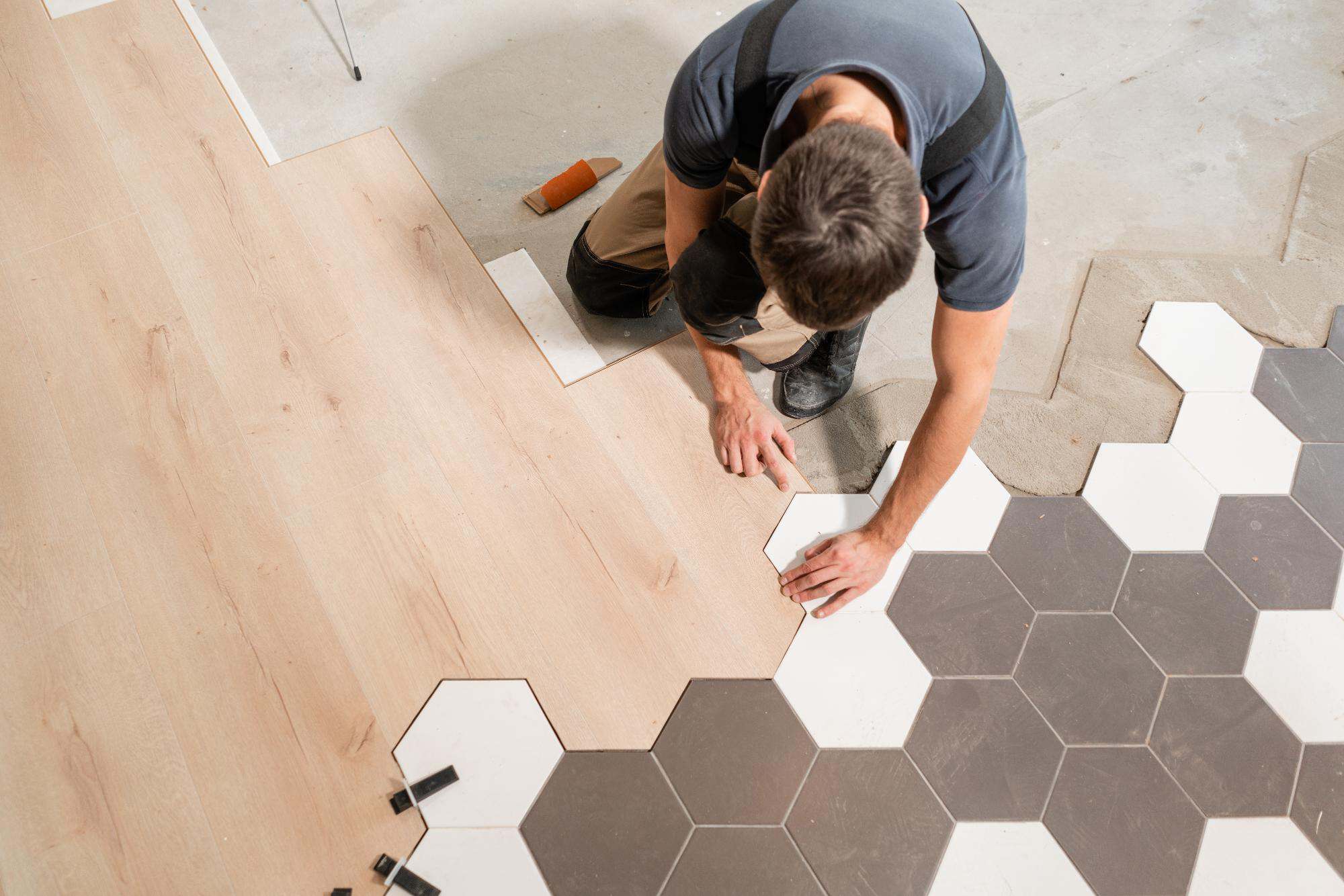
First, we thoroughly clean your tile and grout to remove any existing buildup, stains, or residue. This step is crucial because sealer applied over dirty surfaces won’t penetrate properly or last as long as it should. No shortcuts here—the prep work determines how long your protection lasts.
Next, we assess your specific tile type and grout condition to select the right sealing products. Ceramic, porcelain, and natural stone each require different approaches, and we match our materials to your surfaces for optimal protection. Cookie-cutter approaches fail because every installation is different.
The sealing application itself involves careful, even coverage of all grout lines and porous tile surfaces. We allow proper penetration time—typically 15 minutes—before removing any excess to prevent residue buildup. Finally, we let everything cure completely before you can use the area again, ensuring the protection bonds properly for long-term results.
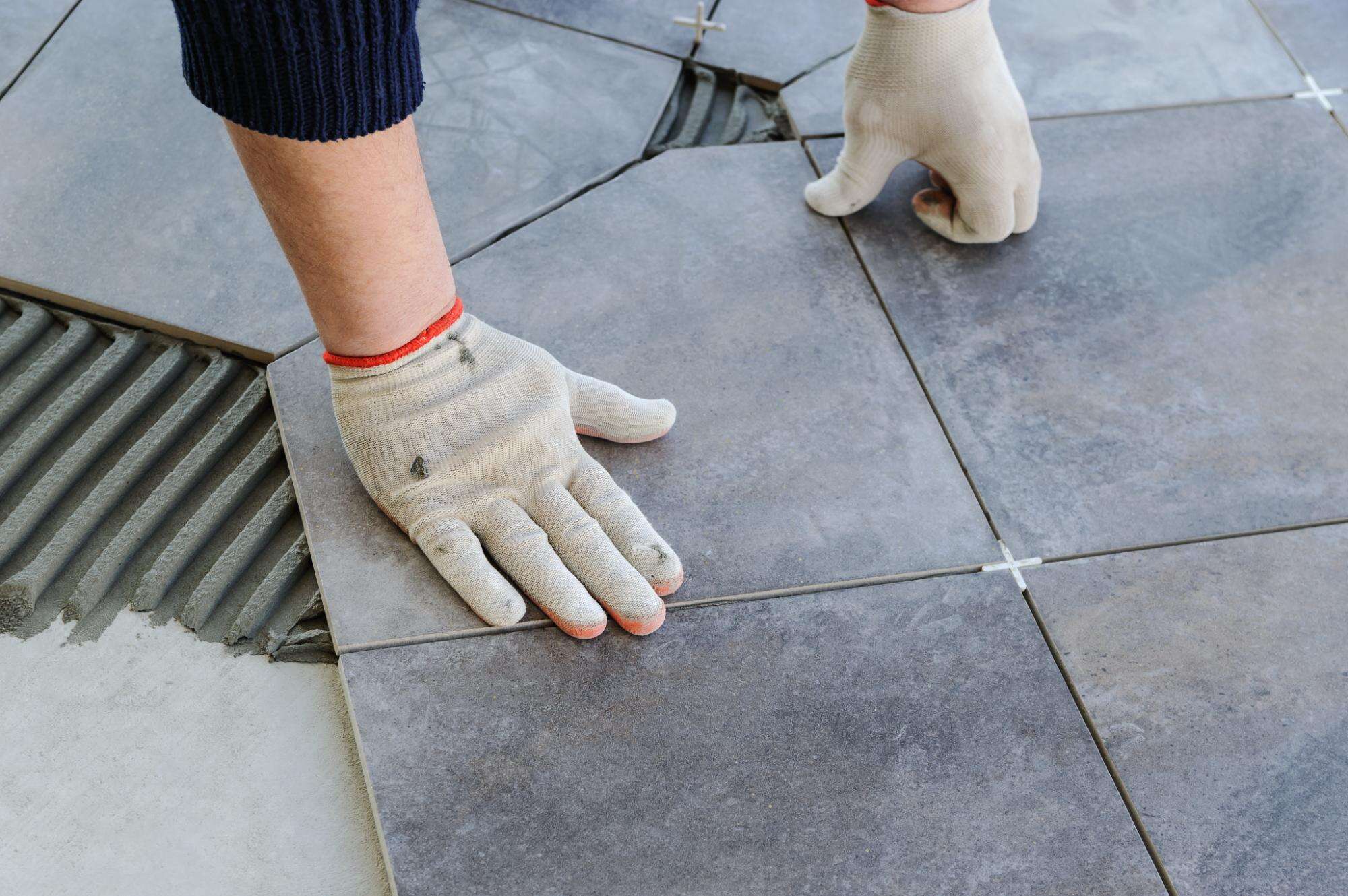
Ready to get started?
Our tile sealing service covers both your grout lines and any porous tile surfaces that need protection. This includes ceramic tile sealing, porcelain tile sealing, and natural stone installations throughout your property—we handle whatever surfaces you have.
In Eastview, NY, we see a lot of porcelain tile that mimics hardwood—a popular choice for kitchens and entryways because it offers the wood look with waterproof performance. These installations benefit significantly from grout sealing, even when the tile itself doesn’t require treatment.
We also handle the unique challenges of Westchester County’s older homes, where original tile installations may have settled or developed hairline cracks that need attention before sealing. Our process includes addressing these issues so your protection lasts as long as possible. The service includes a thorough assessment, professional-grade cleaning, appropriate sealer selection, and complete application with proper curing time—no rushing through steps that matter.
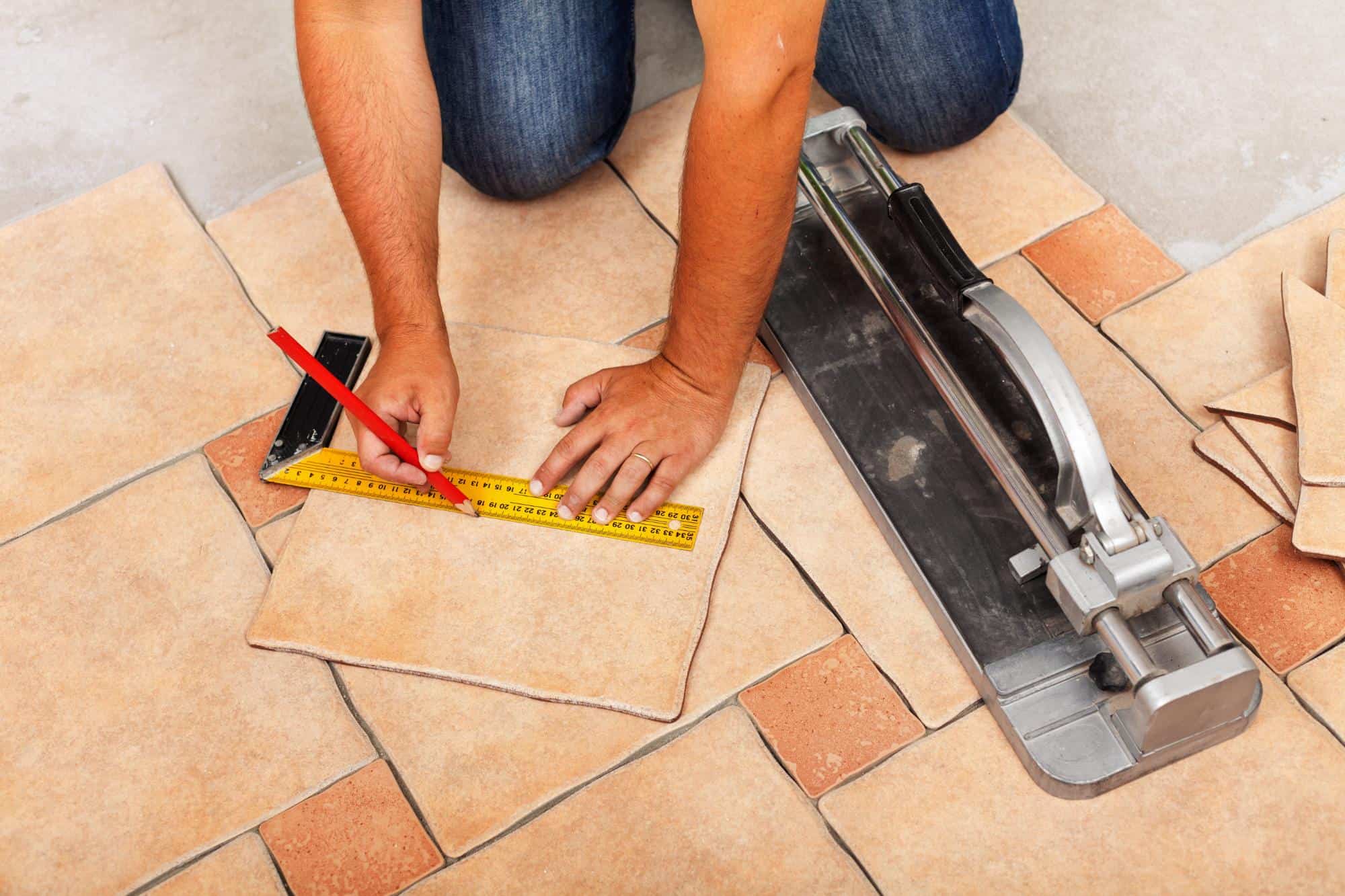
Ready To Restore The Beauty Inside Your Stone?
Contact us today!
Diamond Stone Restorations Corp
Company
Support
Useful Links